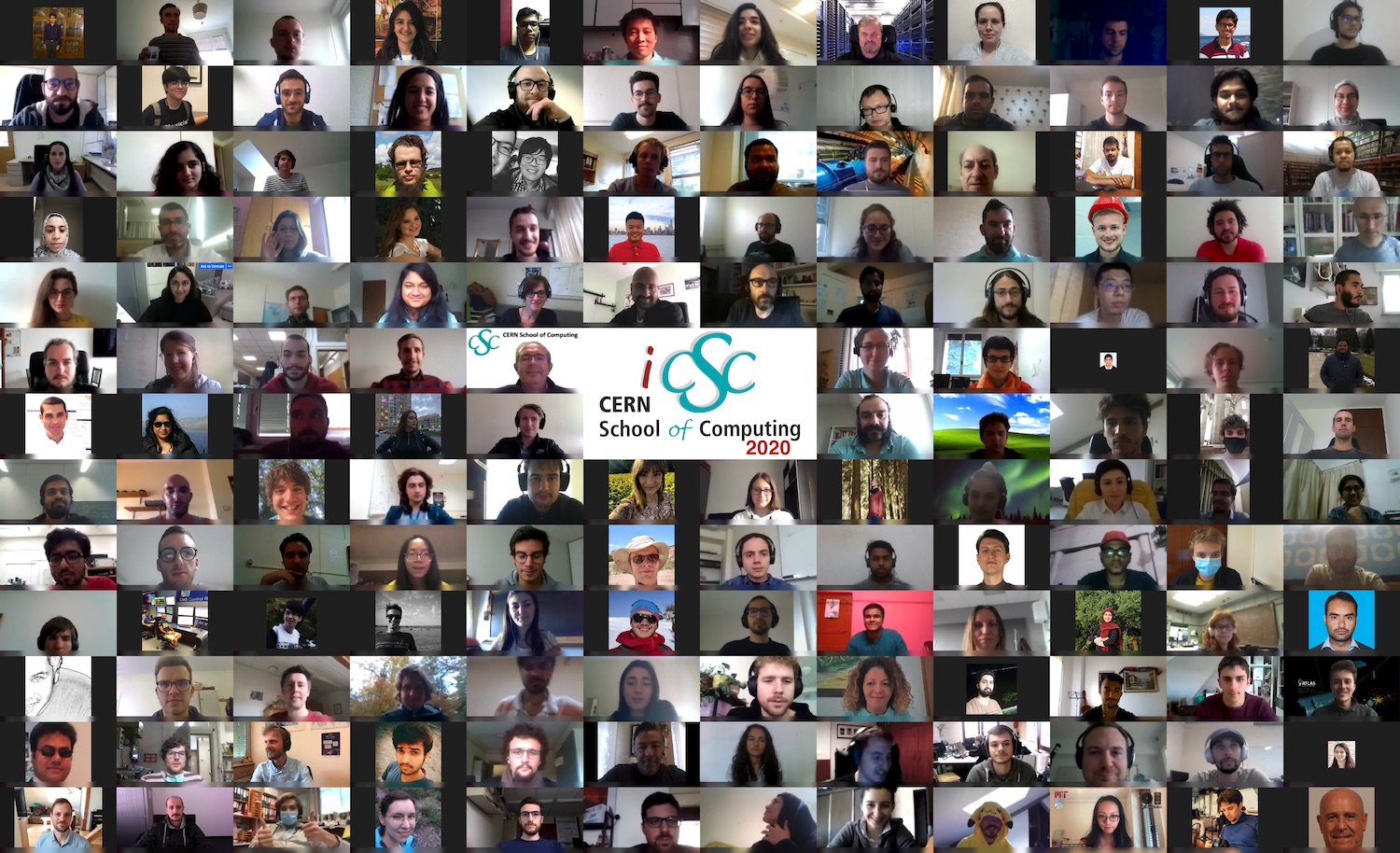Inverted CERN School of Computing 2020
Online event
The 13th Inverted CERN School of Computing (iCSC 2020) consists of classes (lectures, exercises, demonstration and consultations) given by former CERN School of Computing students. The Inverted School provides a platform to share their knowledge by turning students into teachers. More information on the Inverted CSC events can be found at https://csc.web.cern.ch/schools/inverted-school/.
Topics covered this year include:
|
|
The school took place as an online event on September 28 to October 2, 2020. The event was recorded, and the recordings are published, and linked from the corresponding contributions.
See the Online school guide with more information about different types of classes, guidelines for participation and asking questions, details of the Mattermost chat, requirements for the Certificate of Attendance, and more.


